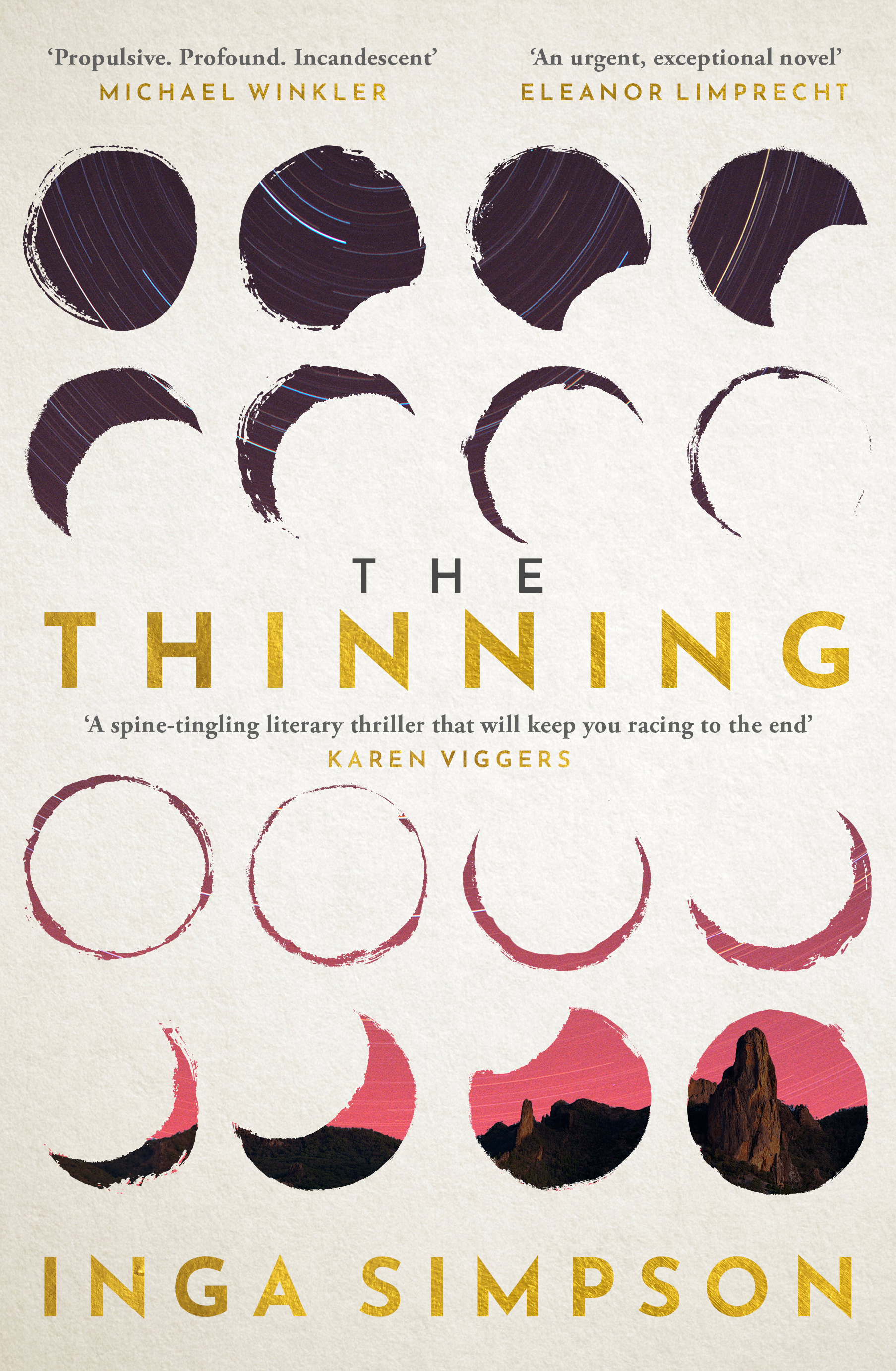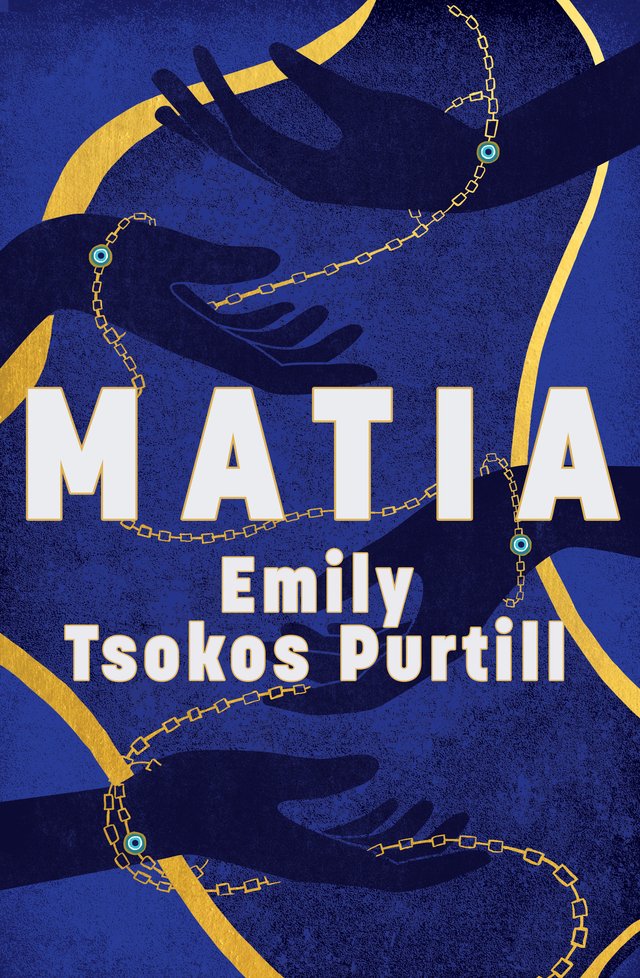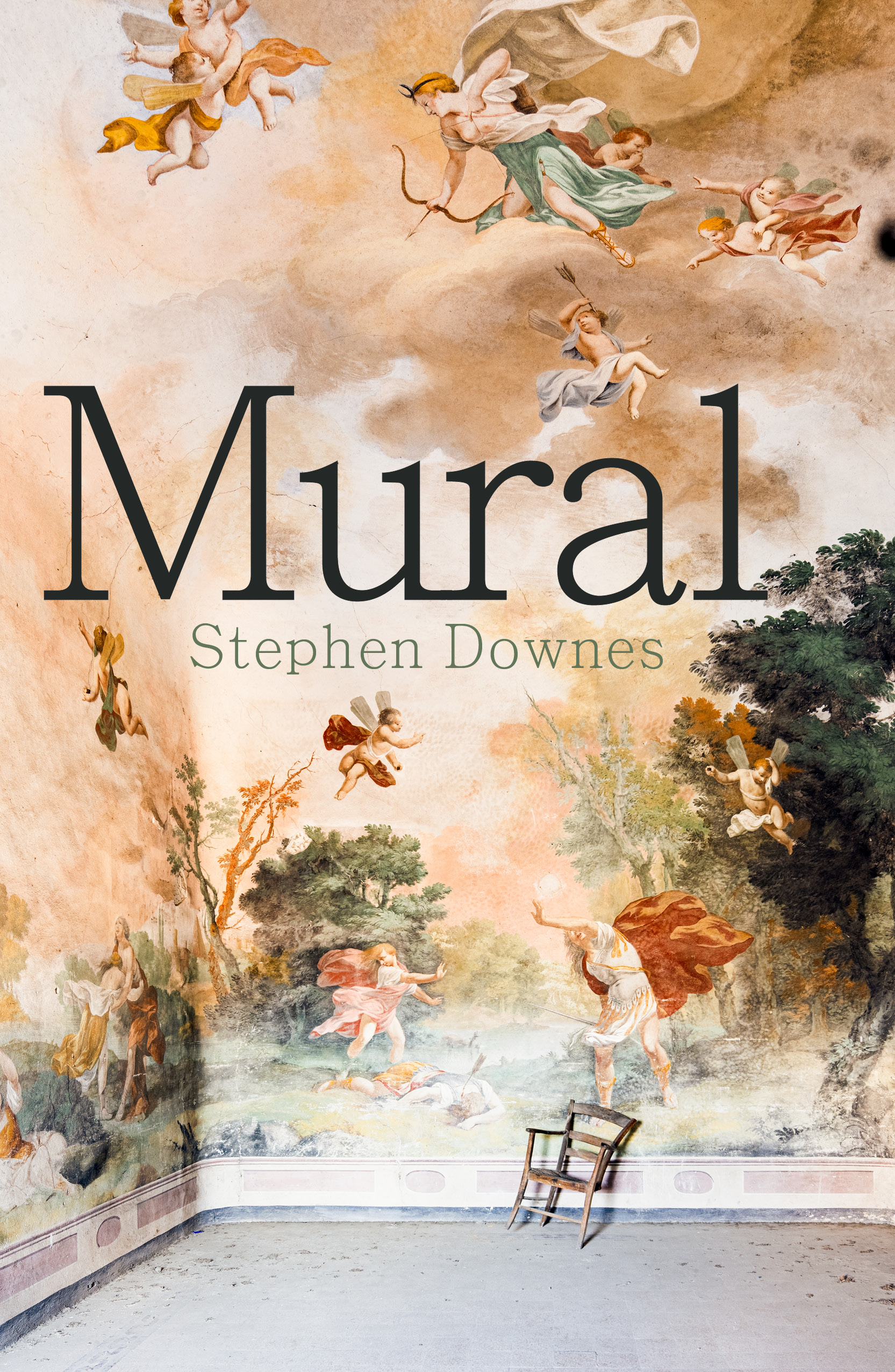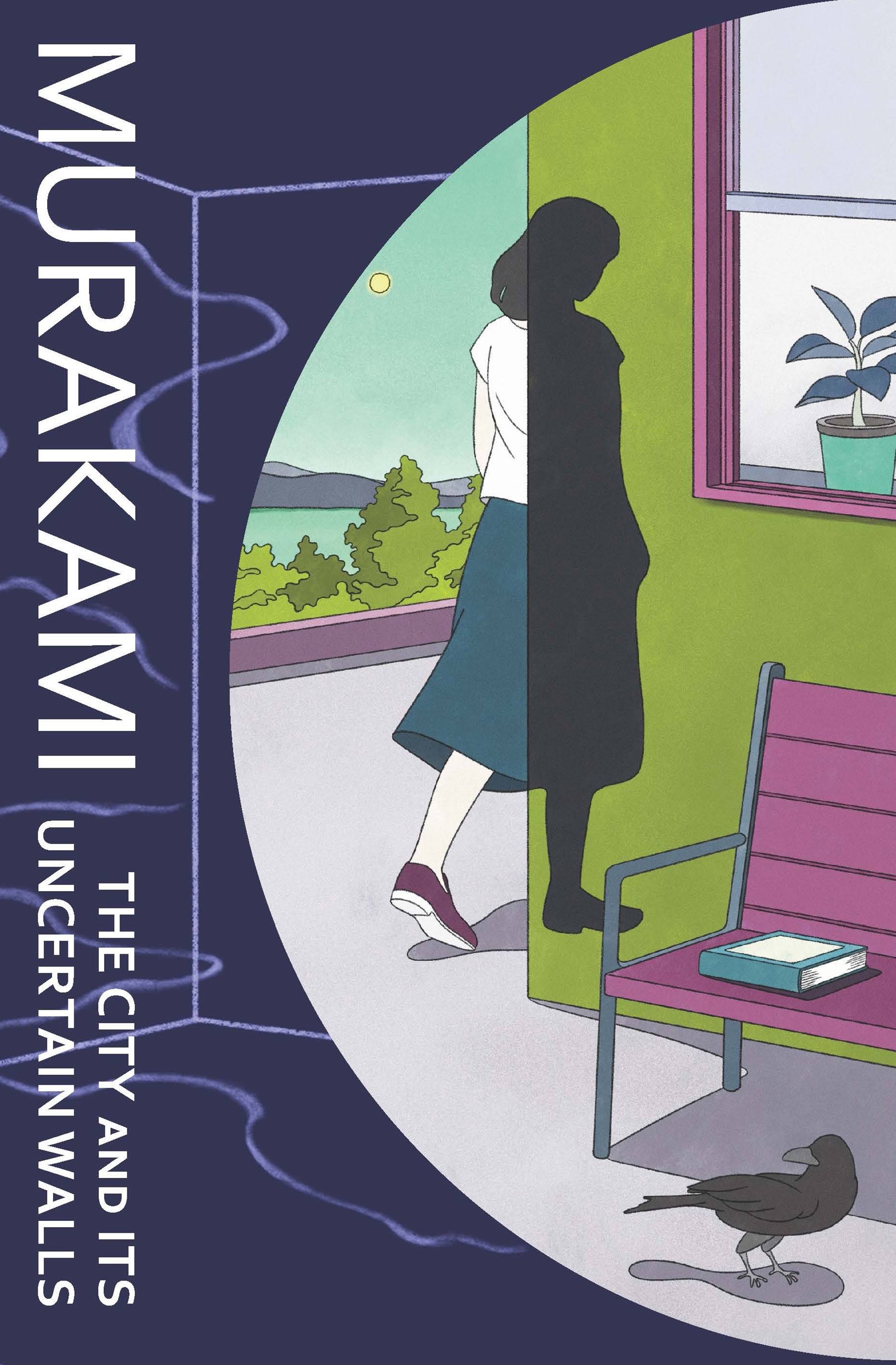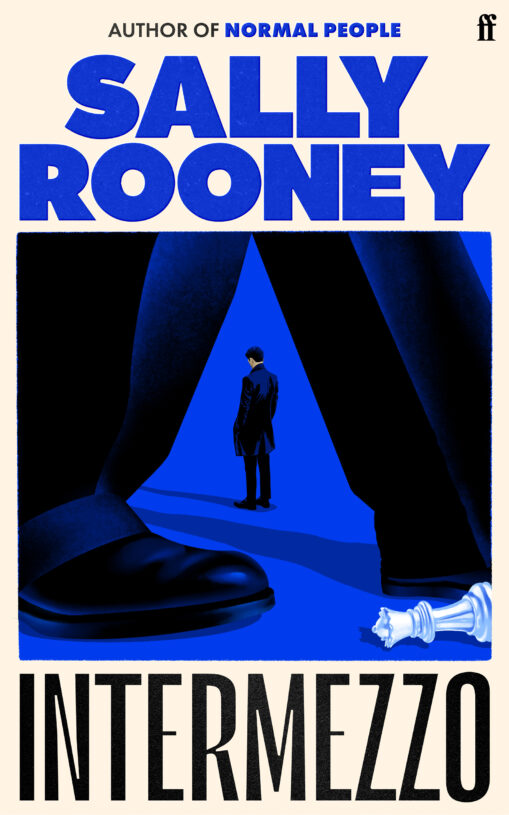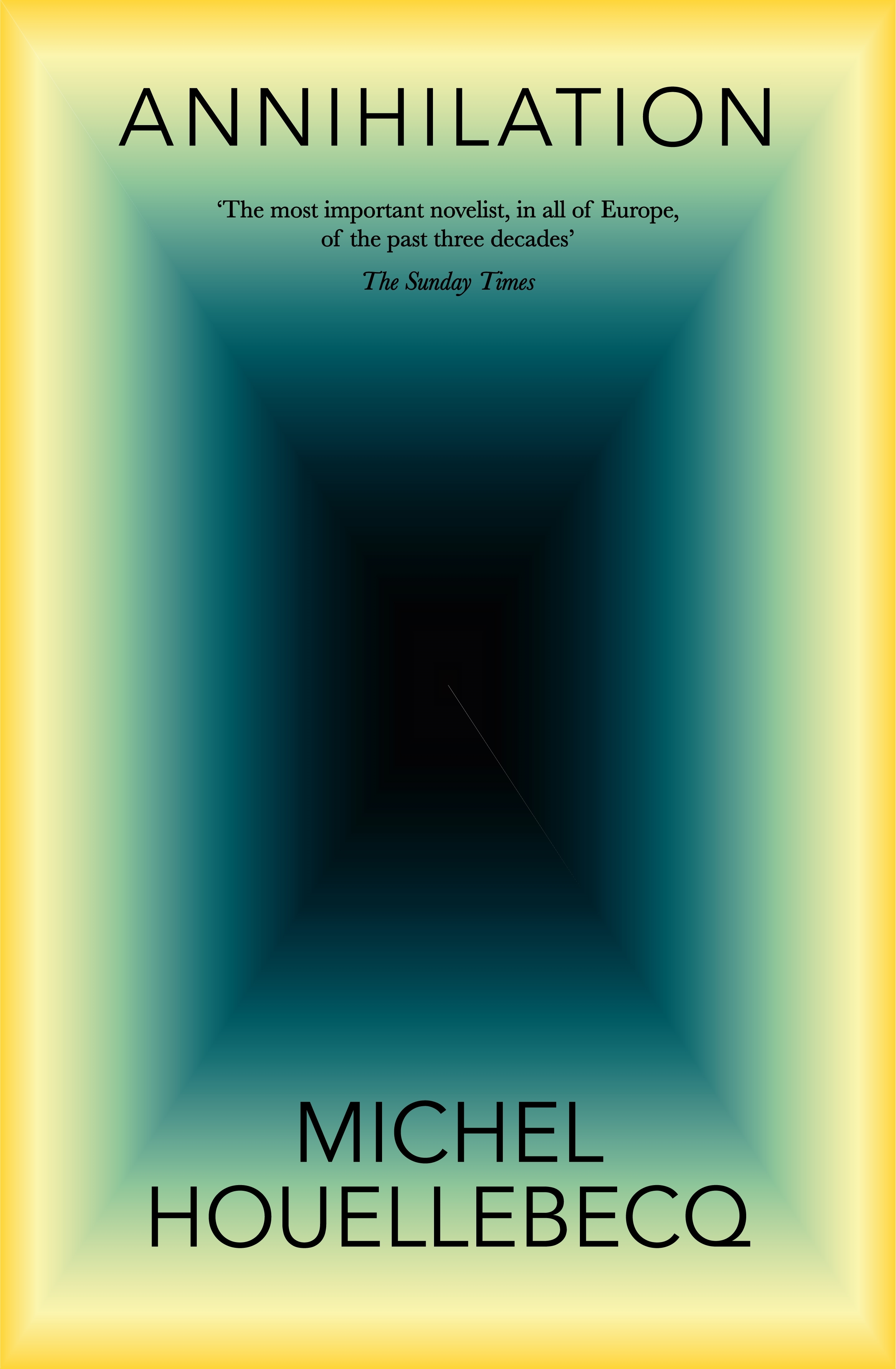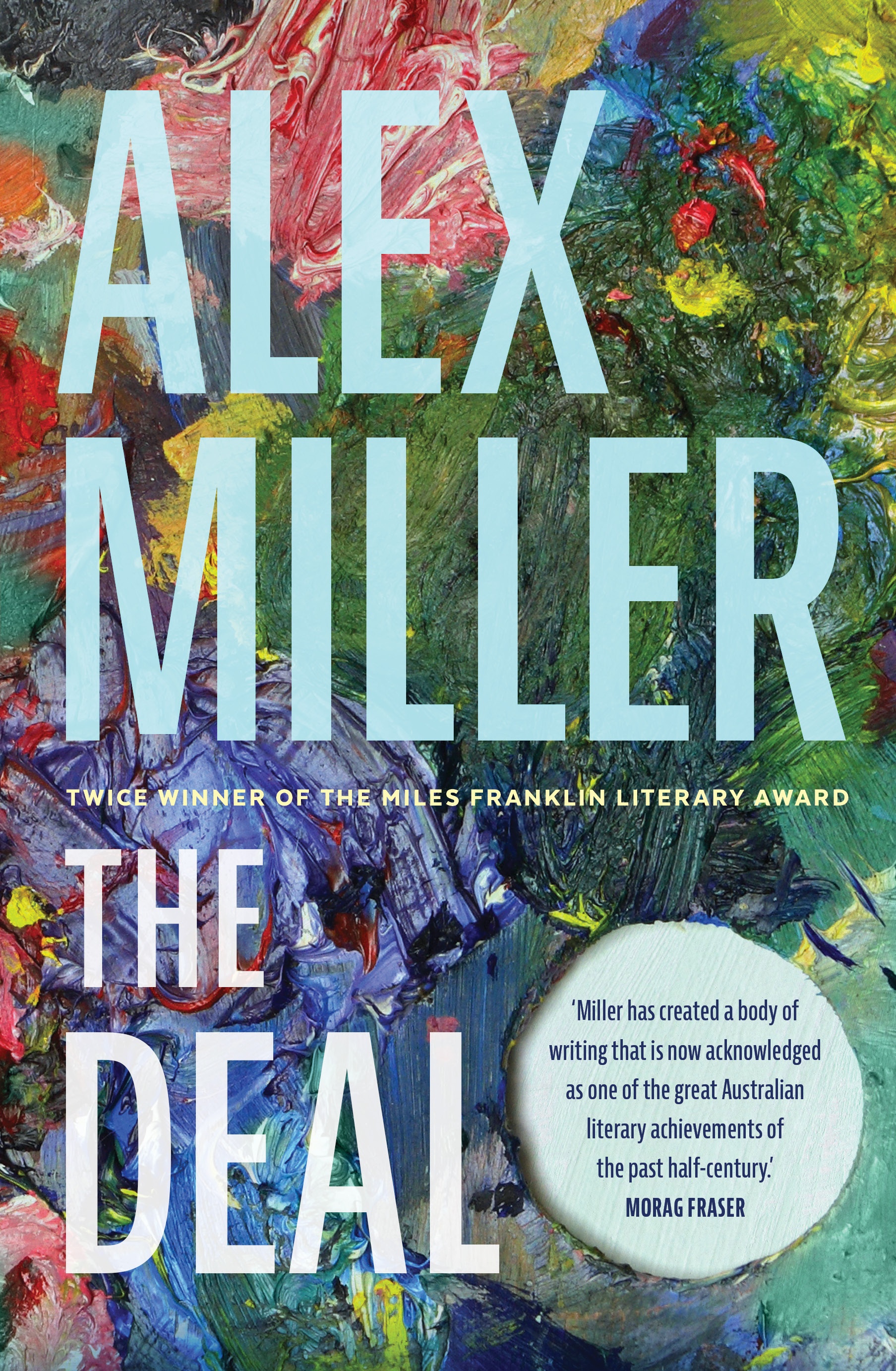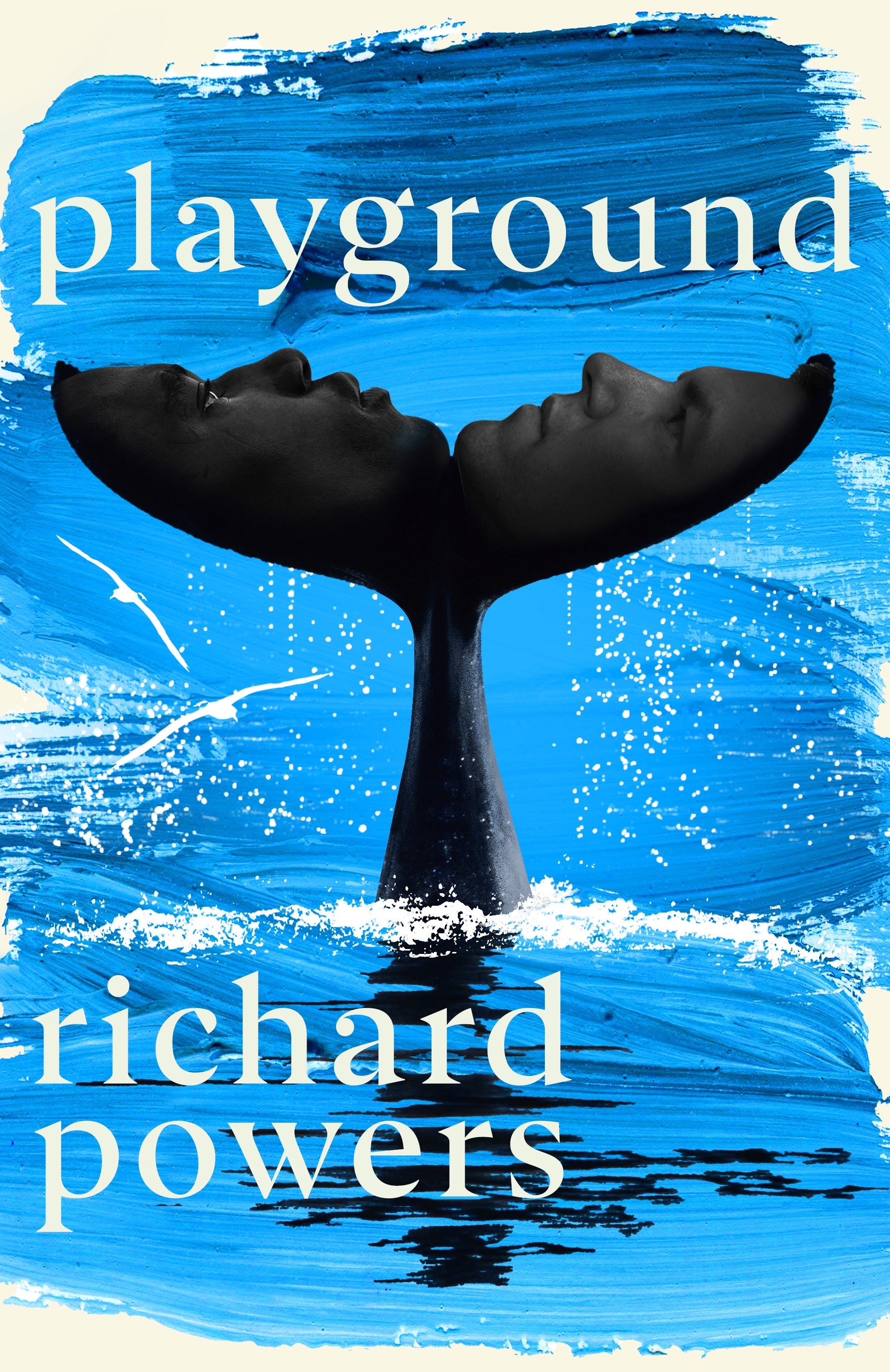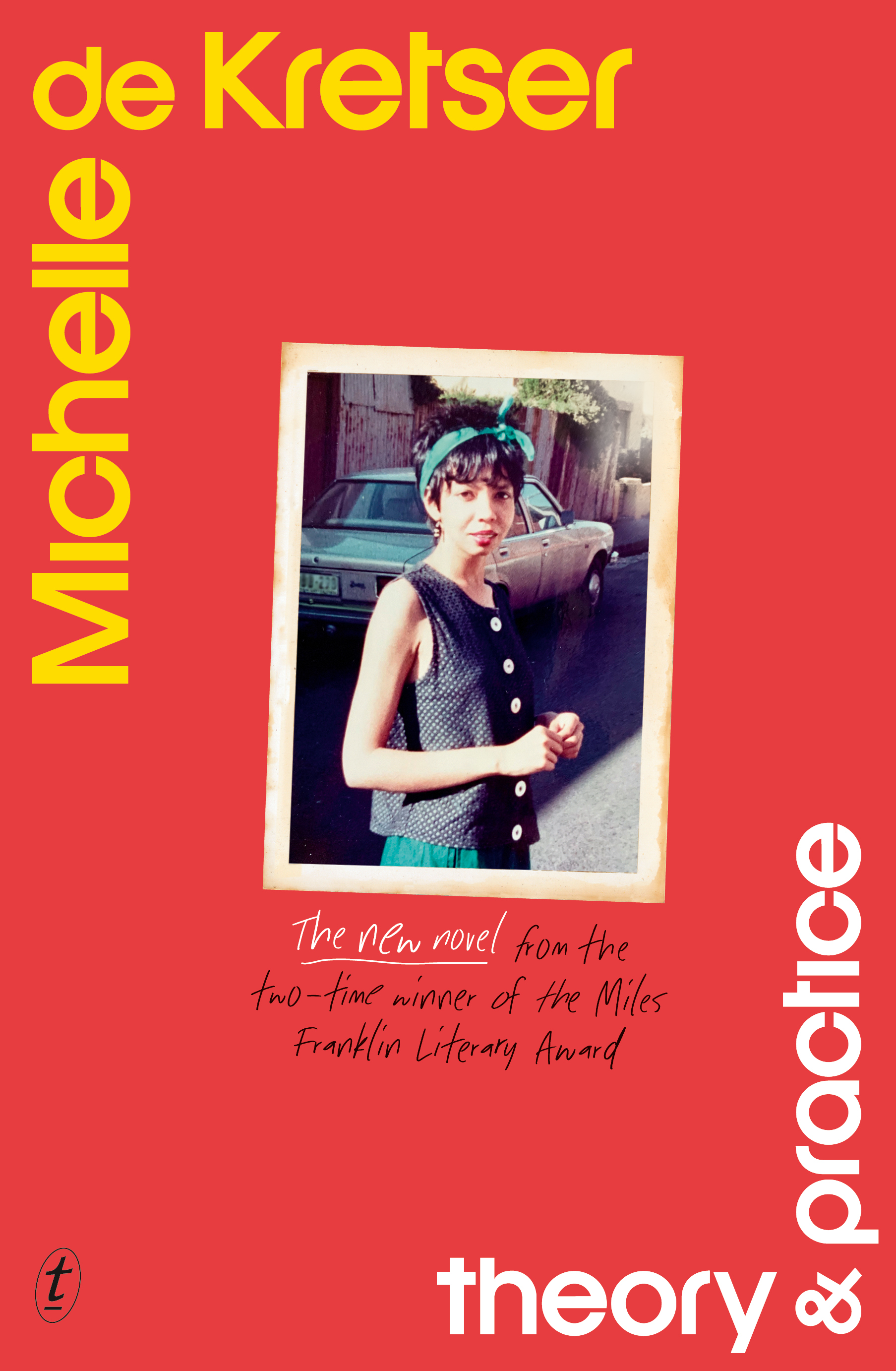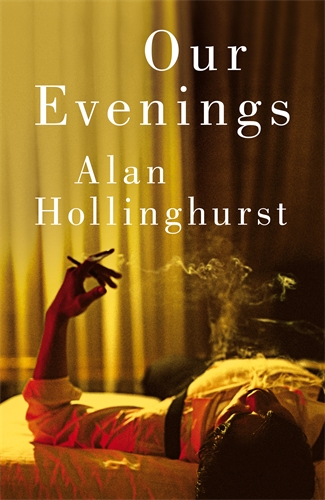Fiction
Inga Simpson’s The Thinning owes a literary debt to the American nature writer Annie Dillard’s evergreen essay ‘Total Eclipse’ (1982). An account of the solar eclipse that Dillard observed on 26 February 1979, ‘Total Eclipse’ aims not merely to narrate experience but also to impart the shock of estrangement. It is an essay in awe, shot through with verbal echoes. In the moon’s long shadow, Dillard glimpsed an otherworld in which the hillside’s ‘hues were metallic; their finish was matte’, in which the living appeared as if preserved within ‘a tinted photograph from which the tints had faded’. When perfectly aligned, the moon and sun come to resemble a ‘thin ring, an old, thin silver wedding band, an old, worn ring’: a partial eclipse’s relation to a total eclipse is the relation of ‘kissing a man’ to ‘marrying him’. What Dillard knew well, and what her sentences know best of all, is that there is a patness to causal narrative that impedes the expression of a genuine revelation. No amount of careful set-up can quite account for the new.
... (read more)Emily Tsokos Purtill’s first novel, Matia, is both ambitiously expansive and, narrated as a series of moments in time, deftly miniaturised. Spanning four individual decades from 1940 to 2070, and moving between continents, it details the lives of four generations of Greek-Australian mothers and daughters. Unlike a conventional family saga, the novel has the associative structure of memory, moving through time and space in unpredictable ways, creating both threads of continuity and a sense of fragmentation. The narrative focus on women charts the struggle for agency through the eyes of the four women, each of them bequeathed a bracelet – the Greek word matia of the book’s title – intended to ward off the evil eye. As such, the modern concept of individualism collides with the realms of prophecy and superstition, producing a fascinating exploration of the crucial issues of female agency and choice.
... (read more)When you are languishing in a prison cell, you can become intensely creative. John Bunyan, Jean Genet, and Miguel de Cervantes used their time to write classic works of literature. On the eve of his hanging, Louis D’Ascoyne Mazzini wrote a memoir to explain why he set out to murder eight people. Louis is fictional, the anti-hero of the film Kind Hearts and Coronets (1949).
... (read more)The City and Its Uncertain Walls by Haruki Murakami, translated from the Japanese by Philip Gabriel
Part one of Haruki Murakami’s The City and Its Uncertain Walls – a homage to magical realism and some of its greatest proponents, including Jorge Luis Borges and Gabriel García Márquez – presents an unnamed narrator searching for truth in a fantastical library behind a guarded wall. The two further parts also explore the idea of the inhabitation of libraries. Indeed, this will be familiar to Murakami’s readers, for he has written about libraries before. For instance, in his children’s novella The Strange Library (1983) a schoolboy is imprisoned in the under-ground maze of his local library and told to memorise books.
... (read more)Sally Rooney inspires large quantities of what is known these days as ‘discourse’. This dubious honour is a result of her becoming very successful at a very young age, a misfortune compounded by being cast as a generational representative. She is a ‘millennial’, apparently. Her popularity has not gone unpunished. There have been several high-profile attempts to cut her reputation down to size. She is also Irish, which has led to her being scorned as a privileged white woman, the Irish people famously knowing nothing of suffering and oppression.
... (read more)Annihilation by Michel Houellebecq, translated from the French by Shaun Whiteside
Michel Houellebecq’s novels cover a lot of territory. His approach to writing is a totalising one, offering a complex picture of contemporary society, often including its prehistory and its near or sometimes distant future. Annihilation (first published in 2022 and now available in English) bears all the hallmarks of this approach: a description of a sad dinner where two government ministers discuss their failed marriages is interrupted by digressions on the current state of the European car market and the impact of recent constitutional reforms on the upcoming presidential elections; a hospital bedside visit is punctuated by reflections on the French medical system and a comparative analysis of Tibetan and Zen Buddhism. The novel features typical Houellebecqian characters who, in the author’s words, have reached a ‘kind of standardised despair’ and ‘the deterioration of reasons for living’.
Evocations of artists, art history, and the art world have become a near staple of the literary novel, nationally and internationally. Local examples from the past decade include Emily Bitto’s The Strays (2014), Gail Jones’s The Death of Noah Glass (2018), and Katrina Kell’s Chloé (2024). Alex Miller’s novel The Deal, his fourteenth, is the latest to probe the alluring, sometimes shady art world. It is not Miller’s first such foray; Autumn Laing (2011) was based on the machinations of the Melbourne Heide set.
... (read more)In Richard Powers’ fifth novel, Galatea 2.2 (1995), a fictionalised version of the author ‘educates’ a computer program, named Helen, by reading it canonical literary texts – which it learns to analyse – and by telling it the story of his own life. In the celebrated The Overstory (2018), Powers explores the surprisingly broad and interconnected lives of trees and forests, and their varied significance to a cast of characters who are wedded to tree-life for reasons both personal and universal. The Overstory features a woman scientist who writes a book that inspires small and large forms of environmental activism, alongside a physically ailing and solitary tech genius who is responsible for the most popular computer game in the world. Throughout, Powers suggests that the ability to tell a ‘good story’ is essential to individual and social transformation. His more recent novel, Bewilderment (2021), focuses on a form of behavioural therapy that resembles a computer game, where participants perform cognitive tasks that can drastically modify their personalities.
... (read more)How do we reconcile our ideals with the way we live our lives? What should we do when we discover that artists whom we revere turn out to be deeply flawed human beings? How do we continue to love and respect our mothers while acknowledging their shortcomings? Are desire and shame intrinsically linked? Which is the more powerful? These are some of the many issues Michelle de Kretser, twice winner of the Miles Franklin Literary Award (in 2013 for Questions of Travel and in 2018 for The Life to Come) grapples with in her seventh novel, Theory & Practice.
... (read more)There must be something in the post-Brexit air encouraging British novelists to take the long view. Alan Hollinghurst’s Our Evenings joins recent doorstopper works – from Ian McEwan’s Lessons (2022) to Andrew O’Hagan’s Caledonian Road (2024) – that explore postwar Englishness from a standpoint of jaded retrospection. While they function as a kind of summation or reinforcement of their authors’ talents, they also offer a stinging critique of the nation’s propensities and historical prejudices. It is even possible to discern in the margins a note of contrition, an acknowledgment of the perspectives these writers have overlooked or neglected until now.
... (read more)

